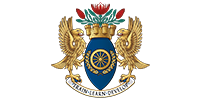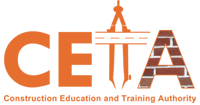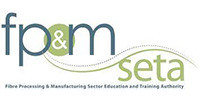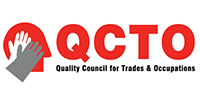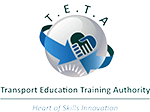Whether you’ve got first-hand experience on the field or trained alongside professionals through EMCARE’s fire fighter 1 course, there is always more to learn about becoming a successful firefighter. This article will outline some essential tips for new firefighters in the field that are finding their footing and provide a guide for those wanting to be a professional, dedicated firefighter.
Learning The Essentials Of Firefighting
Completing your training of our fire fighter 1 course is the first step to becoming a seasoned firefighter. While gaining the proper knowledge and skills provided in the fire fighter course is essential, ensuring your place in the field means being proactive, respectable and applying what you’ve learnt. Securing these traits will help lay a good foundation for being a valued firefighter.
First impressions are everything when it comes to starting a new job. No matter which line of work you’re in, punctuality is a trait that most employers and colleagues appreciate in the workplace. This applies to the firefighting industry too, so be sure to arrive early, especially during your training period. Incorporating this into your regular work routine will leave your superior with a good impression of you.
There’s no such thing as being too prepared – do your research extensively. Because you’ll be learning rules and rituals that are unique to your fire department, be sure to ask about things you’re unsure about. The fire fighter course will teach you all there is to know about the basics of firefighting, but your firehouse will have its own rules to learn. Much of these rules you’ll learn on the job, but it’s important to be proactive and ask your superiors for any advice or answers to questions you may have.
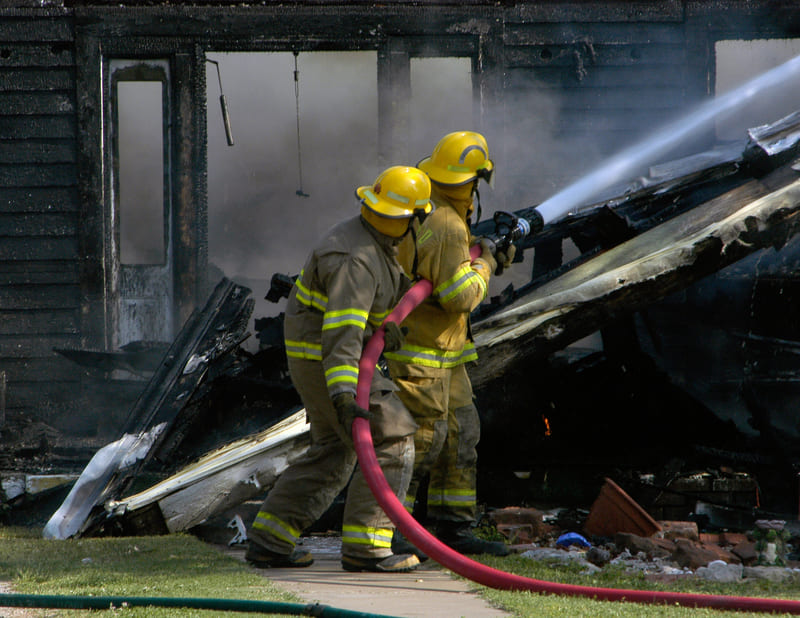
Rules New Firefighters Should Follow
While each firehouse may have their own specific regulations and practices for doing things, there are some general rules that are good for any newly hired firefighters to follow regardless of where they work. Now that you’ve finished your fire fighter 1 training, here are some important rules to learn as a new firefighter on the job:
- Performing Equipment Checks:
Working in the health and safety industry means being responsible for the safety of those around you. Firefighters need to be extremely prepared when being called on the field, ensuring that they keep themselves safe to help those in danger. One of the most important steps that firefighters need to follow is performing regular gear checks before heading to their next job.This typically involves checking your SCBA (self-contained breathing apparatus) and your PPE (personal protective equipment). In extreme circumstances, having incorrect, damaged or missing equipment from your firefighting gear could cost you your life or lives of civilians.
- Being Cooperative:
Committing time and effort into building a reliable and personable crew is essential. Learning how to work with a firefighting team is fundamental to the fire fighter 1 course. Your crew is going to be working alongside you in dangerous conditions, so it’s good to focus on team building. Be sure to invest time in building relationships with your crew both on and off shift. Joining in on non-firefighting related activities will help to improve team building and comradery between you and the other firefighters. - Respecting Your Superiors:
Those who have been in the firefighting industry for many years have vast knowledge on all there is to know about being a firefighting. From rescue procedures to tackling giant fires, senior firefighters can help guide you with whatever concern or query you may have. Be proactive in seeking out important information from your elders by asking as many relevant questions as you can. This knowledge will equip you to be prepared on the field as well as help you to become a better firefighter. - Becoming A Lifelong Learner:
Becoming a great firefighter means committing to lifelong learning. There is always more to learn and practice in the firefighting industry, especially if you’re new to the job. Spend time doing your research on fire service and safety. Be open to learning something new every day, even if it seems like unimportant knowledge at first.Completing your fire fighter 1 training is just the beginning of your learning journey. The more you know about the work you’re doing, the better prepared you are to do your job and tackle real-life situations.
- Having Pride In The Role:
Being invested in and passionate about any profession makes you better at your job. Firefighting is not an easy industry to get into, so be proud of the accomplishments that got you there in the first place. Advancing to the role of a superior firefighter takes a great deal of dedication, which is why establishing a sense of pride in yourself, your team and your job will only work for your and your crew’s benefit. Fire fighter 1 has laid your foundational learning, now apply all that you’ve learnt. - Leading By Example:
While you may be new to the role, taking initiative and working hard from the get-go can do wonders for your future success as a firefighter. Make sure that you’re giving your all in every duty you perform, no matter how miniscule the task may seem. Taking the lead is great for team morale as it might inspire the rest of your crew to do their best and push themselves. Don’t just strive to be a good firefighter, strive to be the best.
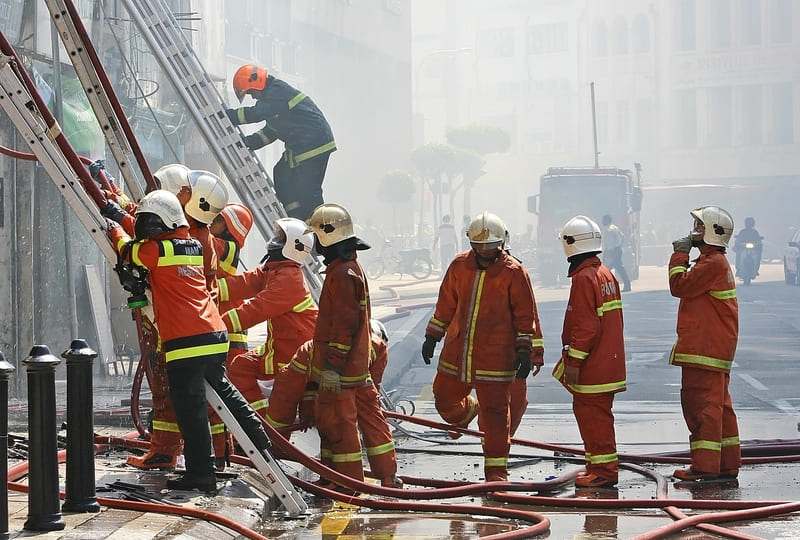
About EMCARE’s Fire Fighter 1 Course
Are you passionate about breaking into the firefighting industry? EMCARE offers a range of high-quality firefighting courses, such as fire fighter 1, to equip you with the right skills and training for becoming a successful firefighter. Our fire fighter 1 course is accredited internationally, combining training, classroom study and drill field practice to provide you with the most comprehensive course available.
The job of a firefighter is full of first-hand training and learning-as-you-go but having foundational training in fire fighter 1 and 2 is essential. If you’re interested in completing our fire fighter 1 course, view our training courses available online.





